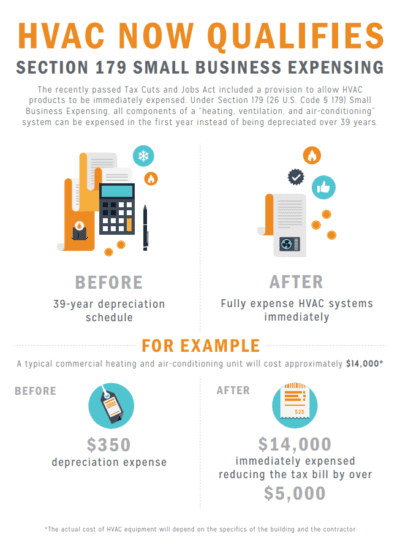Heat Pump Vs Furnace - Which Is The Better Home Heating Choice For Your Home?
Heat Pump Vs Furnace - Which Is The Better Home Heating Choice For Your Home?
Blog Article
Writer-Huff Mosegaard
Several home owners are familiar with heaters, which warmth homes with oil or gas and push hot air through ductwork. They are fairly cost-effective and can provide trustworthy heating even throughout a wintertime power outage.
Nonetheless, they use fossil fuels and create carbon monoxide and various other air contamination. They also aren't as energy-efficient as a high-efficiency heatpump.
Cost
Generally, heat pumps are a lot more cost effective to run than furnaces. They typically make use of electrical power and refrigerant to extract warm from outdoor air, and then move it into your home. You can capitalize on cheaper power prices throughout off-peak hours to further lower your home heating costs.
Unlike heat pumps, gas or wood-burning heating systems use burning to generate warm, discharging flue gases into the ambience that can be damaging to your health and wellness. These heaters are additionally much less energy-efficient than heat pumps, and their greater operating expense can add up over time.
Heating systems are extra complex than heat pumps and require regular maintenance to make certain the correct feature of all parts. In spite of this, they tend to last longer than heatpump with a normal lifespan of twenty years or even more. Nonetheless, you'll need to consider the price of gas, fuel oil or wood and the additional devices required for setup and operation such as ducts and air flow systems.
Power Effectiveness
Heat pumps have a higher energy effectiveness rating than heaters. These systems utilize electrical energy to feed on heat from the air, also in freezing temperature levels. They can also eliminate excess warm from the home throughout warmer months and reuse it to cool the system. Service provider experts can assist you determine the best version for your home on environment and source power prices.
Heating systems melt fuel oil, lp, natural gas or other sorts of nonrenewable fuel source to heat up the air in the home. This air is then distributed via ductwork using a huge fan. Heating systems create greenhouse gases and call for regular upkeep and tools upgrades to guarantee risk-free operation.
The biggest advantage of a heater is that it can be run also in harsh winter season conditions because it does not rely upon outside temperatures to warm up the air. Furnaces also have a longer lifespan than heat pumps and generally last 15 years. They can additionally be coupled with twin fuel alternatives, which select the most efficient heating option based on the climate.
Environment
Heat pumps function well in modest climates and use less resource power than heaters. Nevertheless, if your area is exceptionally cold, you might need to invest in a basic gas heater rather.
Furnaces provide cozy, comfy warm and typically provide rapid heating to increase indoor temperature levels. These systems can be used with a variety of fuel types, including gas, gas, oil or electrical energy.
They consume much more energy than heatpump-- as much as 3x as much-- and require ductwork that's expensive to set up or retrofit. They're additionally much more expensive to maintain, as they can trigger air top quality problems and produce greenhouse gas emissions.
If you're committed to minimizing your carbon impact, a heatpump is an excellent selection for your home. They have less greenhouse gas discharges than furnaces, especially if you choose an ENERGY CELEBRITY ® heat pump. Your regional Provider specialist can clarify the differences in between these two furnace and help you make the very best decision for your unique demands.
Individual Preferences
Heaters can be extremely power efficient when powered by gas, gas or oil, but they aren't as power reliable as heatpump in cold environments. They can additionally be extra expensive to install, requiring gas lines and ventilation systems.
Nonetheless, heating systems often tend to need less maintenance, which can result in lower recurring costs. https://www.thisismoney.co.uk/money/cars/article-10976097/How-trim-fuel-bill-petrol-heads-2-litre.html generate fewer greenhouse gases and are a lot more dependable than heat pumps throughout extreme weather condition.
Electric heatpump are more flexible in developing interior convenience since they can likewise work as ac system during warmer months. They can be more convenient to keep, calling for just routine air filter changes and periodic vacuuming.
If you favor the convenience of a single system that does it all, think about a hybrid heating solution that sets a heating system with an electrical heat pump. These systems can automatically change between the two heating alternatives based on your home's needs and temperature problems, taking full advantage of efficiency and savings.